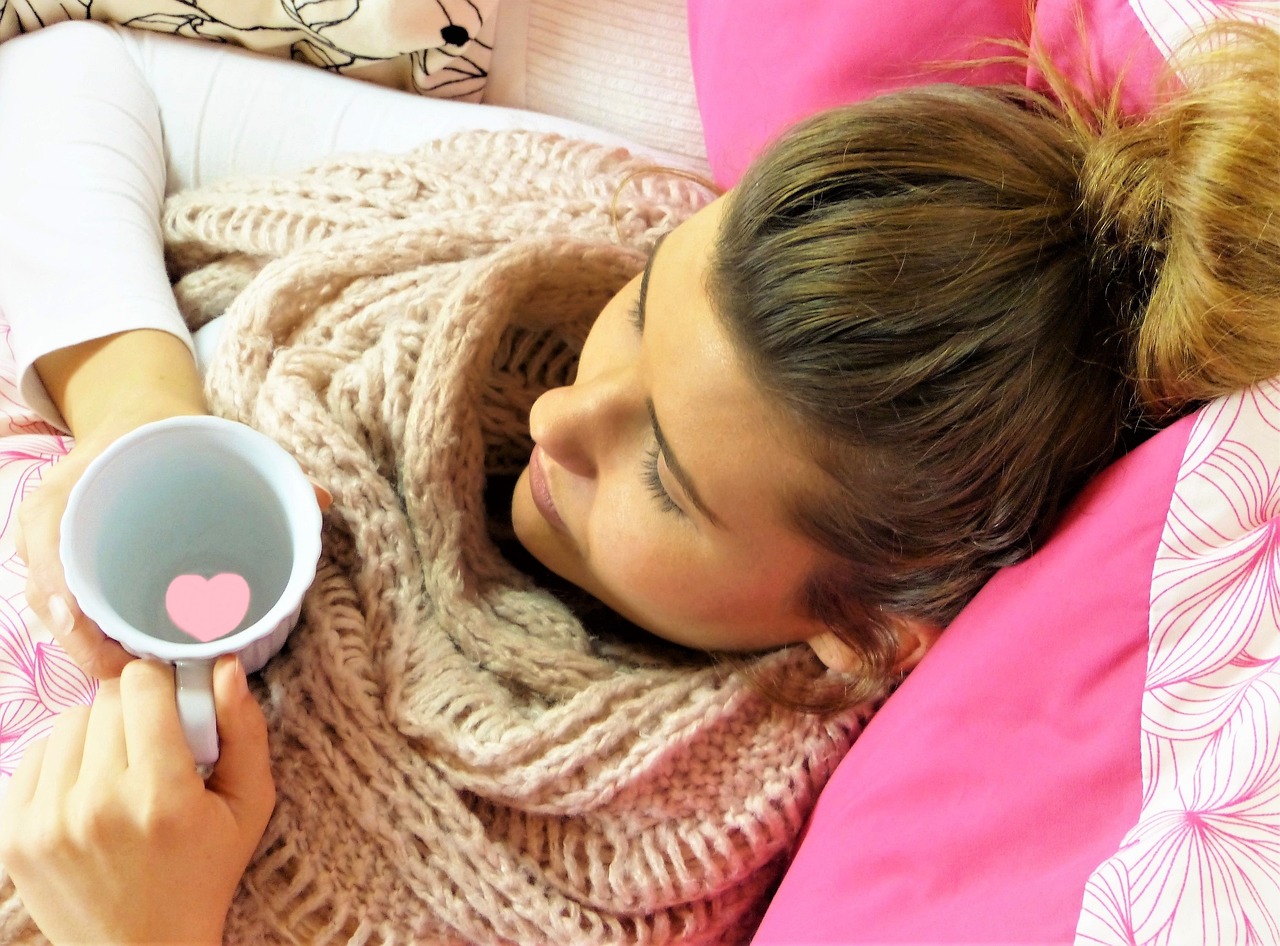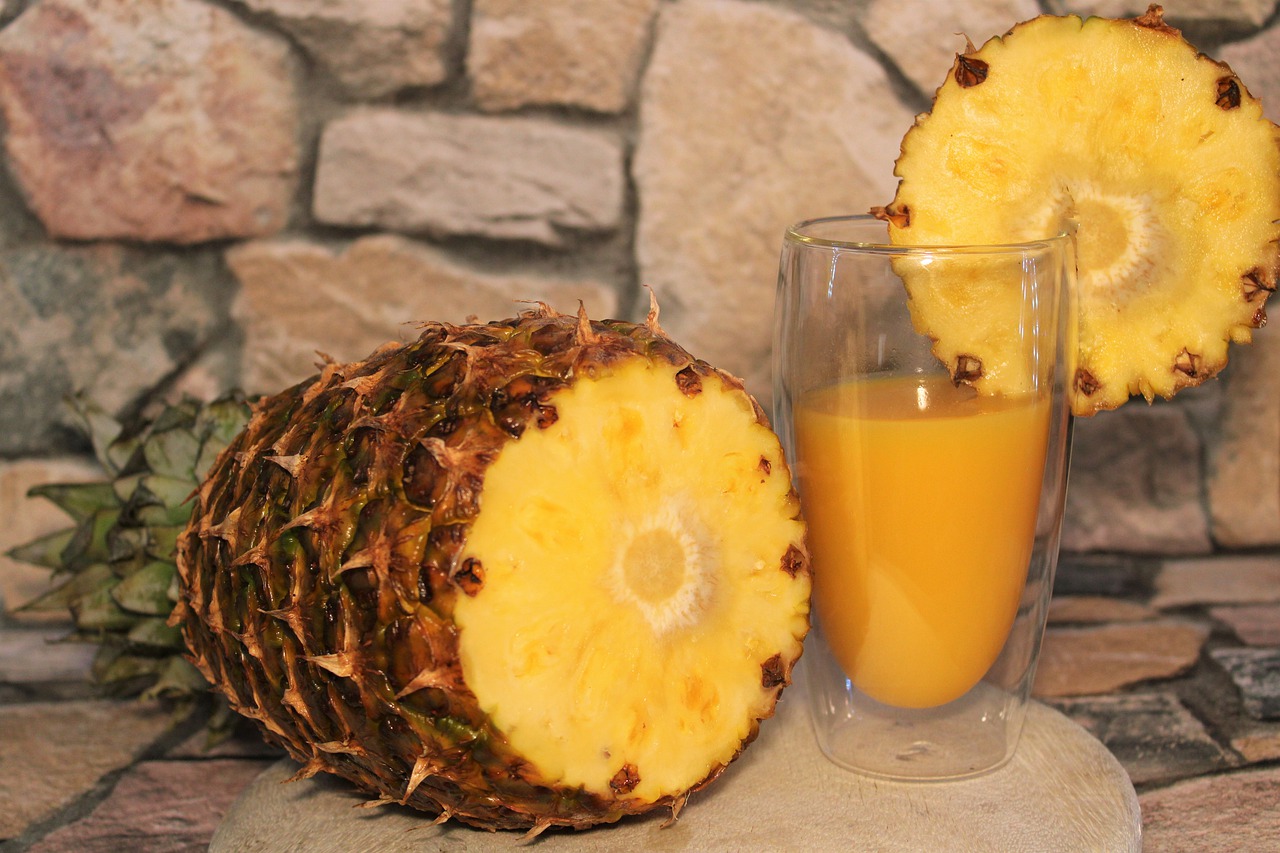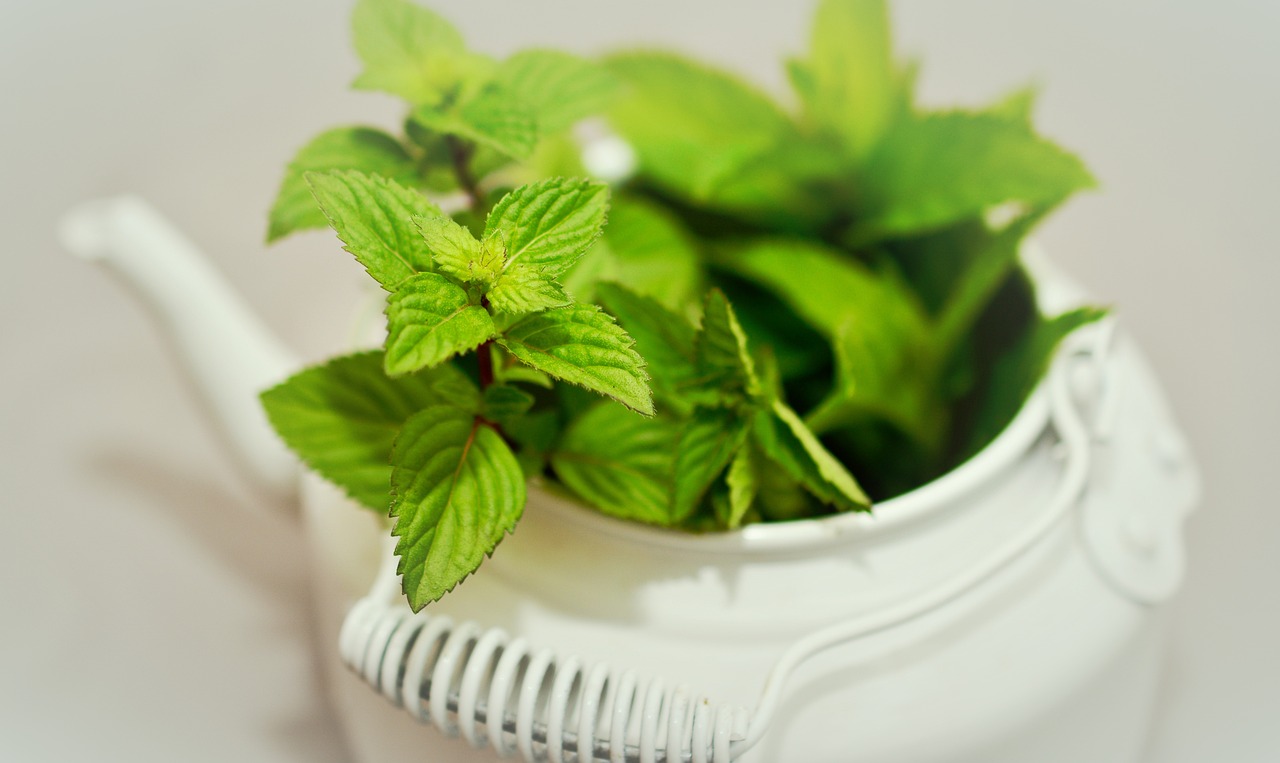Headache – Tension Headache – Migraine Headache – The Simple Facts and The Cures
What is a Tension Headache:
Tension Headaches are the most common type of headaches. Nearly everyone will have at least one tension headache in their lifetime.
What is a Migraine Headache:
Migraine headaches are a form of headache, usually very intense and disabling. It is a neurologic disease of neuronal origin. The word “migraine” comes from the Greek word ‘hemikranion’ which means (pain affecting one side of the head).
What causes Tension Headache:
The exact cause of tension headaches is still unknown. It has long been believed that they are caused by muscle tension around the head and neck. However although muscle tension may be involved, there are many forms of tension headaches and some scientists now believe there is not one single cause for this type of headache. One of the theories is that the pain may be caused by a malfunctioning pain filter which is located in the brain stem. The view is that the brain misinterprets information, for example from the temporal muscle or other muscles, and interprets this signal as pain. One of the main molecules which is probably involved is serotonin. Evidence for this theory comes from the fact that tension headaches may be successfully treated with certain antidepressants. Another theory says that the main cause for tension type headaches and migraine is teeth clenching which causes a chronic contraction of the temporalis muscle.
What causes Migraine Headaches:
Migraines can be caused by one or a variety of triggers, including environmental or food etc. Here is just a partial list of Migraine Causes. Physical triggers: Over exertion or exhaustion, Changes in sleep patterns or routines. Environmental triggers: Strong smells, Smoky atmospheres. Psychological triggers: Emotional problems, Excitement. Food triggers: Alcohol, (especially red whine), Caffeine, Chocolate.
Symptoms of Tension Headache:
Tension headache pain is often described as a constant pressure, as if the head were being squeezed in a vice. The pain is frequently bilateral which means it is present on both sides of the head at once. Tension headache pain is typically mild to moderate, but may be severe. In contrast to migraine, the pain does not increase during exercise.
Symptoms of Migraine Headaches:
Migraines are characterized by attacks of moderate or severe pain, and persons suffering from migraine typically have symptoms such as, moderate to severe pain on one or both sides of the head which may throb or pulse, nausea, vomiting, photophobia and phonophobia, or pain that worsens with movement.
Tension Headache Treatment:
Tension Headaches generally respond well to over-the-counter pain killers, such as Tylenol or aspirin. However, these medications should be avoided in cases of chronic tension headache, due to the risk of rebound headaches.
Migraine Headache Treatment:
Migraine Headaches can be reduced through dietary changes to avoid certain chemicals present in such foods as cheese, chocolate, nuts and alcoholic beverages. Medication prescribed, may be the best treatment once a migraine begins.
Tension Headache Prevention:
Tension Headaches may be avoided with such therapies as: swimming, massage, heat pillows, or other relaxation techniques. Removing things that cause stress or muscle tension, can lessen the frequency of tension headaches.
Migraine Headache Prevention:
Migraine Headaches can be avoided in some people by eliminating the triggers such as certain foods, again, cheese, chocolate, nuts and most alcoholic beverages. Some triggers for example, hunger and stress may be situational and can be avoided through lifestyle changes. Avoid bright flashing lights if you notice these trigger attacks; most migraineurs are sensitive and should avoid bright or flickering lights. Relaxation after stress, notably weekends and holidays, is a potent trigger; wind down gradually if possible.
The Author:
Robert W. Benjamin








